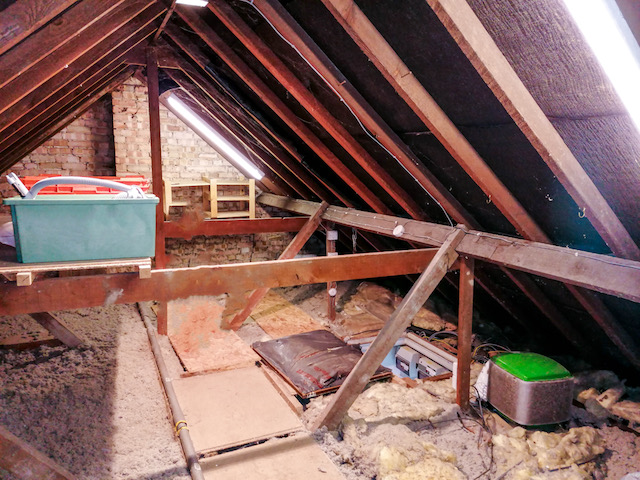What Sellers Disclosures Rules Mean For You And Your Clients
A seller’s disclosure statement may seem like additional paperwork when selling a home; however, it’s something that should not be taken lightly. While it might be tempting to say: Selling Property “As Is,” this won’t fly without some important disclosures. Texas Real Estate Commission (TREC) requires that sellers and real estate professionals disclose to potential buyers all known defects and hazards on a property. Sellers or agents who willfully conceal information could be sued. Disclosure rules can affect anyone involved in the sale of a home. While the rules vary based on state and local laws, here’s a few common disclosure rules to be aware of whether you’re on the buyer’s or seller’s side:
Hazards
It must be disclosed if a home has ever flooded and/or if it’s in a flood zone. Texas law requires that sellers disclose the presence or possibility of environmental contamination, toxic waste, asbestos, radon gas, lead based paint, urea-formaldehyde insulation and other such hazards. It must also be revealed if previous dwellers manufactured methamphetamine on the property.

Death On The Property
Sellers in Texas are required to disclose deaths on the property related to the condition of a property such as a child drowning in the swimming pool due to the lack of a safety fence. Deaths due to a violent crime on the property must also be noted. Death by suicide, natural causes or other issues unrelated to the property do not need to be reported.
Repair History
It’s important that buyers know the home’s repair history so they can have their own inspectors pay close attention to problem areas before closing on the house. TREC requires that sellers disclose all roof and structural repairs such as foundation, floors and sidewalks. Electrical and plumbing repairs should also be noted and any other issues that you would want to be aware of before moving into a new home.

Water Damage
Water damage can be a “biggie.” It can damage personal property, the home’s structure and create a health hazard with mold. Sellers should always disclose past or present leaks or water damage anywhere on the property including crawl spaces. Sometimes water damage isn’t immediately visible with the naked eye.This is not something anyone wants to discover after buying a home. whether the damage is visible or not.

Pest Infestation
Texas law requires that sellers disclose problems with active termites or other wood-destroying insects. Additionally, all termite or wood-rot damage in need of repair, previous damage and a history of exterminations should be documented. Although other types of pest infestations (such as rats, cockroaches and even snakes) are rare, they do happen. Any kind of pest problems should always be included in a seller’s disclosure statement.
Even with the highest integrity and the best of intentions, a property’s condition can slip through the cracks when selling a home leaving you vulnerable to a lawsuit. Protect your real estate business with proper E&O insurance. Learn more on: RealShieldInsurance.com.









